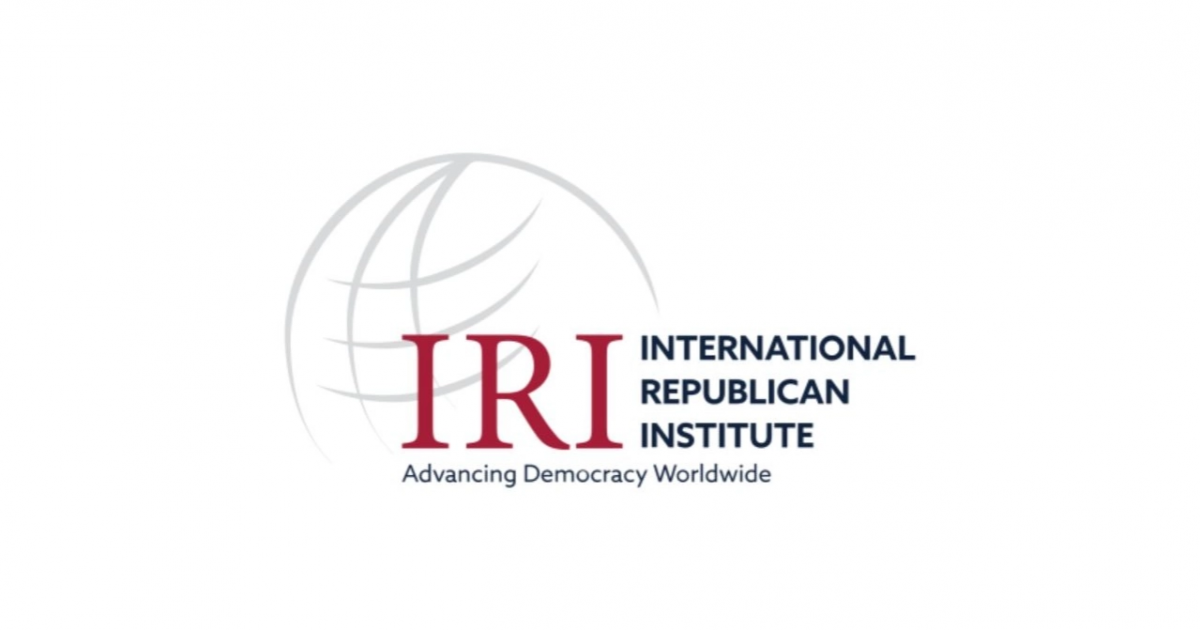The International Republican Institute (IRI) conducted a pre-election assessment in Bangladesh from October 20–24 ahead of the likely parliamentary elections in February, noting that the pre-election environment remains fragile despite planned electoral security measures.
The interim government concurred with IRI’s findings. Senior Assistant Press Secretary Foyez Ahammad said Chief Adviser Muhammad Yunus had met major political parties and issued warnings about potential attempts to disrupt the upcoming election. “The government is aware of the risks and is taking all necessary measures,” he added, confirming full agreement with IRI’s assessment.
The IRI mission, composed of international policy and election experts, met with a wide range of stakeholders—including the Election Commission, political parties, interim government officials, and civil society representatives—to evaluate the electoral environment and prospects for democratic renewal.
Under Chief Adviser Prof Muhammad Yunus, the interim government introduced a reform agenda through 11 commissions and the National Consensus Commission, culminating in the July National Charter, which addressed nearly all aspects of Bangladesh’s democratic framework. However, IRI noted that implementation remained uncertain due to procedural ambiguities and differing party positions.
The report highlighted that while the Election Commission has introduced reforms to increase participation—including overseas voting—and strengthen electoral security, incidents of political violence, concerns over local officials’ neutrality, and persistent mistrust of security forces pose challenges. The rise of youth-led parties and first-time overseas voters indicated potential shifts in political engagement and continued youth influence on democratic renewal. Yet, lack of transparency in candidate selection, low women’s representation, and the growing influence of extremist groups could undermine secular politics.
IRI stressed that the success of the upcoming elections will depend on maintaining neutrality, ensuring security, and fully implementing the National Consensus Commission’s reform agenda. Long-term dialogue, transparent election administration, and credible participation from all parties are essential to manage polarization and build trust in the process.
The report also noted that established parties dominate the political landscape but face internal and reputational challenges. Lack of transparency in nominations often favored personal networks over merit, while security concerns and weak law enforcement restrict local-level competition. Political dynamics remain fluid, with shifting alliances and emerging actors competing to shape post-reform transitions.



